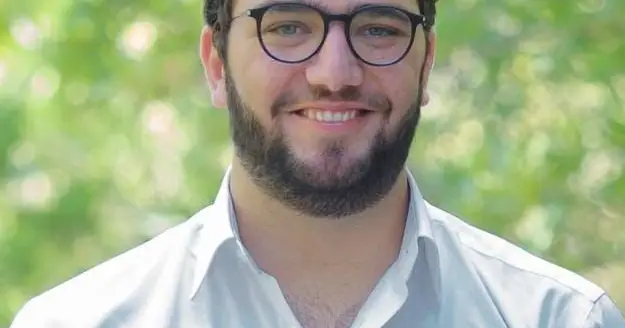At the end of another academic year in higher education, I take advantage of this time frame to reflect on one of the biggest scourges that affect education, but also affect society as a whole, and for any young person, the transition to higher education requires several challenges, in a whole new reality. So, I’m talking about an increasingly under-addressed topic: mental health.
Certainly, there are those who may think that there is already a lot of talk about the topic, or even that the concern about it is an exaggeration, however, while the entire academic community continues to be affected, there is not much research on it. To alert and work on this problem. There are many studies and surveys that show how students are reaching alarming levels regarding their mental health, and the pandemic crisis has exacerbated this situation even more. So it seems to me that we must work in the field of prevention, that is, through actions that include all students, raising awareness of the importance of mental health, but also a strong commitment to college sport, ensuring all conditions and compliance with applicable regulations (ie the Student Athletic Statute), so that there is Real motivation and exercise promotion. However, since we are talking about an already established reality, prevention is not enough.
It is necessary to modify pedagogical models, as well as assessment systems, as the challenges faced by society have changed, and it is good that the method of teaching and assessment also follows this change. A commitment to strengthening psychosocial support services to the academic community is essential, as demand from students is increasing, but the response has been inadequate. In this context, it is important to note that the view that higher education institutions should not see psychological support as a priority for their entire academic community is a severe lack of responsibility and even deeply disturbing. What is the point of training professionals and academics if they are not able to put into practice what they have learned as a result of poor mental health?
Institutions are clearly not hospitals or health centres, but are a central focus of society, and as such, must have a commitment, not only to the field of education and science, but also to ensuring that all the academic community, especially the students they train, are able to insert themselves into community and recreate what they learned while enjoying their daily lives. The opposite view can be very dangerous, because today’s students are the workers of today and tomorrow, and it seems to me that mental health can be a real affliction for a society that has not bothered to act while it can. .
There is an urgent need for greater coordination between higher education guardianship and health, to ensure that the most serious cases are duly referred to the NHS, but also to work in coordination with Student Support Offices, which should see an increase in the number of mental health professionals working.
Ensuring that all students, particularly scholarship students, have free access to psychological counseling should be a priority, to make up for lost time and counter the spread of negative mental health indicators. Of course, this text is only a small contribution and because there is so much to be said, it is important to mention that if we want a society that is more resilient to challenges, we will necessarily have to invest in mental health.

“Writer. Analyst. Avid travel maven. Devoted twitter guru. Unapologetic pop culture expert. General zombie enthusiast.”

